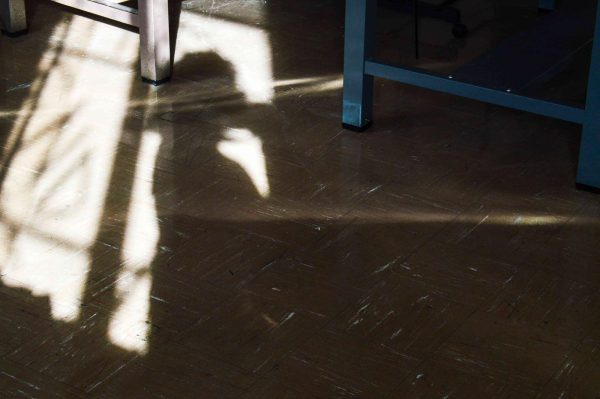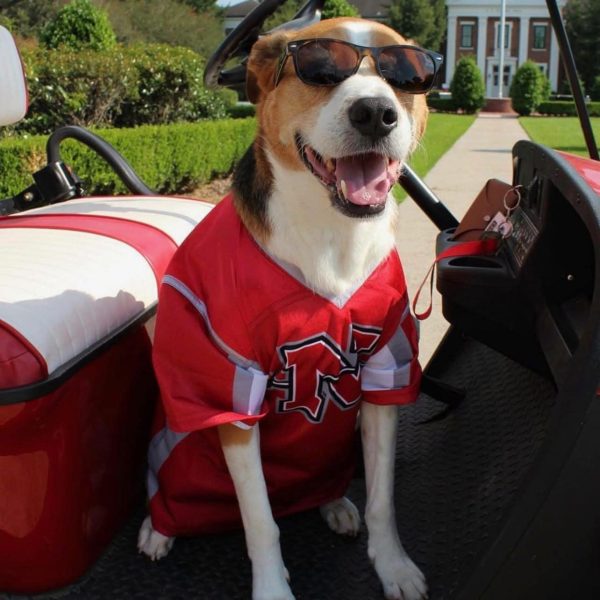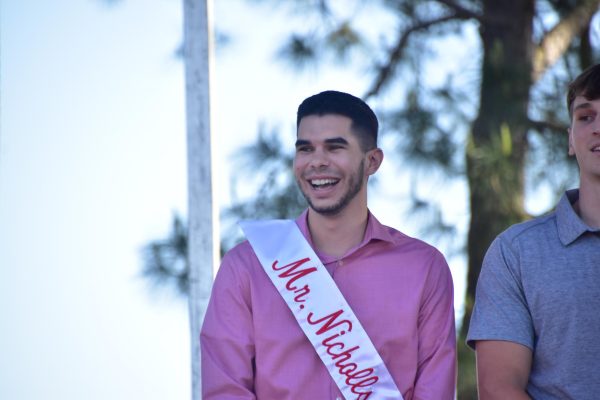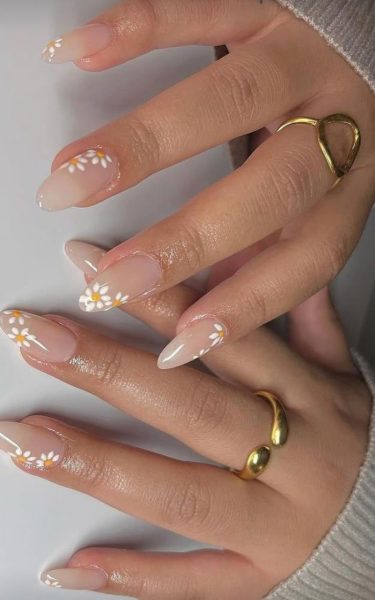Selfie craze potentially growing into college course
Colleges across the world are suddenly offering courses on taking “selfies,” and Nicholls students chime in on if they would be interested if such a course were part of their academic curriculum.
Kirk Rousse, a senior in mass communication major, said college credit or not, he would not take such a course.
“I think ‘selfies’ are a silly idea, so making a course on taking a ‘selfie’ would be ridiculous,” Rousse said. “I don’t see ‘selfies’ as a trend. I see it as a fad. It’ll fade in a few years, like everything else people come up with.”
Yvanna Pogue, a junior in sociology, said that although she’s not a “selfie” person, she would be interested in what that type of a course would entail.
“There has to be a deeper connection with something, you know?” Pogue said. “Why do we take ‘selfies’ and why is it a trend? I do like to look at them and see different ones and the different expressions. You can really see what a person’s going through by a ‘selfie’, like how they’re feeling.”
“It seems like that kind of class would go along more with philosophy,” Koryn Boyd, an art freshman said. “Especially if it’s discussing human nature with the narcissistic trend. Do I see it as a required course or something highly recommended? I don’t know. It would depend on the person, especially if they wanted to learn about human nature. It would be an interesting course. I have yet to take a philosophy course here, but if that was offered it would be my second choice.”
The first spark of a ‘selfie’ course in universities started with a Sept. 1, 2014 article from the Daily Currant, a satirical news blog that claimed Boston’s Emerson College was offering a new course called “My Self, My Selife: The Art of The Self Portrait.” The course description in the article was “an in depth study on the narcissistic trend and the compulsion of posting photos of oneself on social media.”
Soon after the shock of the joke wore off, the City Literary Institute in London developed a course titled “The Art of Self-Portraiture” that began Feb. 4, 2015. Granted it does not involve iPhone snap shots but actual knowledge on how to function a camera, and is aimed toward building a coherent body of work through photography. On the other hand, “Make-Up For Your Selfie,” at TAFE Queensland South West, in Australia, is a different matter.
Its course description boasts that this course “will help you develop the skills to have your make-up looking both professional and selfie-sensational!” Under resources required, it states “students may also wish to bring along a phone or camera for some stunning selfies.”
This course is offered as a one day workshop that costs $165 and does not go toward a college credit of any kind, but says a lot about society today and how learning institutions are changing with it.
“At the Society for Photographic Education conference this came up,” Deborah Lillie, assistant professor of photography said. “This was 10 years ago or so, but the discussion sort of led to that keeping current with our students in this case really meant addressing the fact that self-portraiture means a very different thing to photography students than it meant to us as students.”
Lillie said that students of today are used to working with and representing themselves through all of the different tableaus offered in social media. She’s amazed by some of the photos students take on their phones. Lillie said she see’s students coming in now with much more sophisticated photos, and that they’re taking a lot more risks because of always having a phone at their sides and not having to deal with film.
“Self-portraiture is interesting in photography,” Lillie said. “I feel it’s one of the hardest assignments you can give, and I think trying to represent oneself is incredibly hard in all the genres. Really, Facebook and Instagram are sort of extensions of self-portraits.”
Lillie has her students do assignments in self-portraiture, but there is not a whole class dedicated to the subject because there are broader aspects to cover in the art of photography.
With the size of the school, it’s not very likely that there will be any concentrated courses on self-portraiture any time soon at this university. But who knows when, or where one might pop up.










